It was rather concerning watching long-time bitcoin sceptics make drastic U-turns on various social media forums last week. Many believe that crypto is a way to hedge against future inflation. One commentator wrote:
The USD is not only battling with inflation but now with the digital yuan as well. Do not buy USD friends. Invest in #Bitcoin https://t.co/Ax65iz2DIa
— Eric Ma (@helloericma) April 7, 2021
Others have even been extolling gold’s virtues again.
Although many will be wondering about the future of the UK economy when inflation hits, much of it will depend on the U.S.
“What we’re seeing now is really an economy that seems to be at an inflection point,” Jerome Powell told Scott Pelley during an interview that aired on Sunday evening on CBS News’ “60 Minutes.”
The U.S. economy is set to make a turnaround, with increased growth that should provide more jobs, says Jerome Powell, the chairman of the Federal Reserve.
— 60 Minutes (@60Minutes) April 11, 2021
Powell spoke with Scott Pelley Wednesday for a report airing tonight, on 60 Minutes. https://t.co/HRVwQ1uoBK pic.twitter.com/5An4apGvEW
While the vaccine rollout is still a concern for many jurisdictions, the spectre of inflation is being held at bay. The UK is no exception.
Ever since the vaccine arrived, there have been growing concerns over the UK’s inflation rate and whether the Bank of England is adequately equipped to deal with it. But, surprisingly, last month’s inflation turned out relatively low. This can likely be explained by current events, primarily circumstances surrounding the pandemic.
How the Pandemic Affected UK Inflation
According to the Office for National Statistics (ONS), the current rate of inflation is 0.4%. This is amid easing Consumer Prices Index (CPI) rates. Previously, UK inflation was at 0.6% to 0.7% for December of last year and January, respectively.
According to The Guardian, the 0.1% increase from December 2020 to January 2021 was due to food retailers and household goods stores pushing up their prices and cutting down on discounts on their products. Meanwhile, the inflation rate’s sharp decrease to 0.4% in February was then brought about by clothing retailers and second-hand car dealers offering huge discounts. The ONS shares that clothing retailers often follow a steady pattern of price changes throughout the year, but this has been disrupted by the pandemic.
Apart from consumer spending, inflation could potentially rise when the government extends further financial support to the economy. And currently, the UK government is spending an enormous amount on COVID-19 relief efforts. Additionally, high unemployment rates and the drop in commodity prices as adverse effects of the pandemic, could also be to blame for the low inflation rate. But since these have both been improving, albeit slowly, it might also contribute to the looming threat of inflation.
It is worth noting, that the current inflation level is far below the Bank of England’s target rate of 2%. No doubt, this is due to the decreased demand for goods and services brought about by lockdown regulations. But as a silver lining, treasury departments of local banks and other investors will be more willing to take on riskier investments. This has lent a hand at improving overall economic progress. And despite the current rate, financial experts argue that prices will snap back once the lockdown eases up.
Effects on the Global Economy
Outside of the UK, other developed countries are dealing with similar situations. The inflation rate for the United States is 0.4%, as of February 2021. This can be traced to the decrease in the use of second-hand transportation services and airline fares. And much like the UK, the U.S. government is offering generous COVID-19 relief packages, which is also causing citizens to worry about rising inflation.
On the other hand, developing countries like the Philippines are struggling with hyperinflation. Month-long lockdowns and extensions hurt its economy. Remote learning and working arrangements also deterred locals from purchasing from stores. The country’s inflation rate is at 4.7%, as of February 2021. This spike is also due to pork prices, which have been surging since the local African swine fever outbreak. Transportation prices also pushed inflation upwards as frontline and other essential workers continue to commute to work.
It’s hard to say when the global economy will finally settle down to anything like ‘normality’. But it’s clear that countries around the globe need to return to some form of normal before that can happen.
Author: Betty Jordan
#Inflation #Covid #Vaccine #Stimulus #Philippines


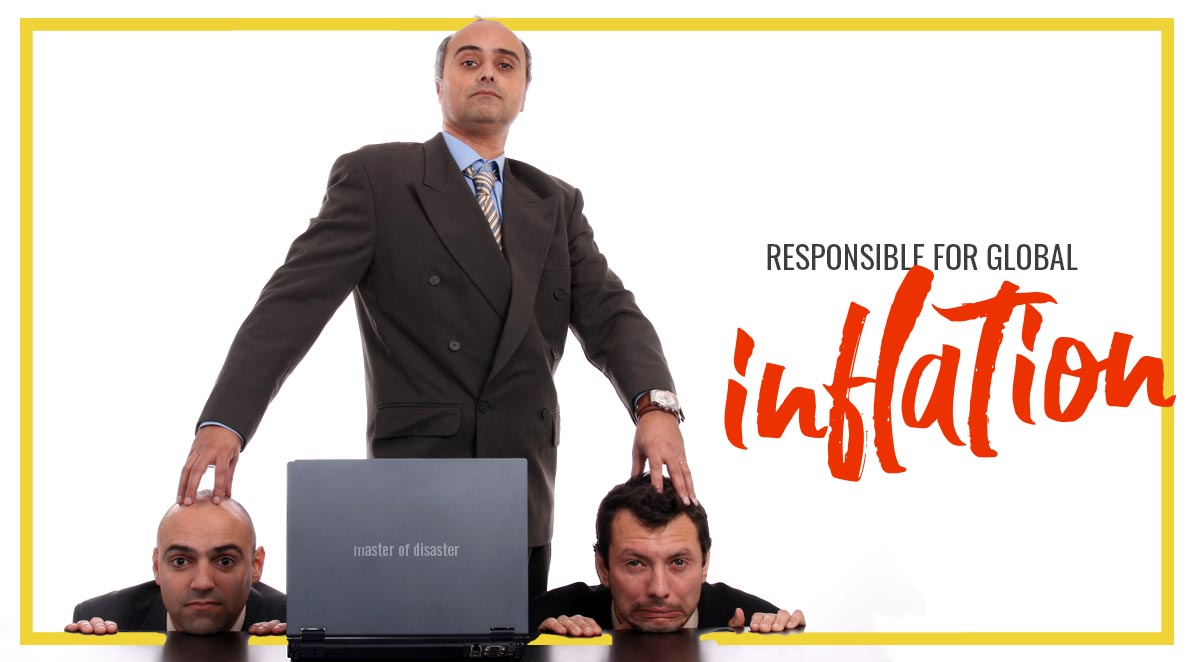
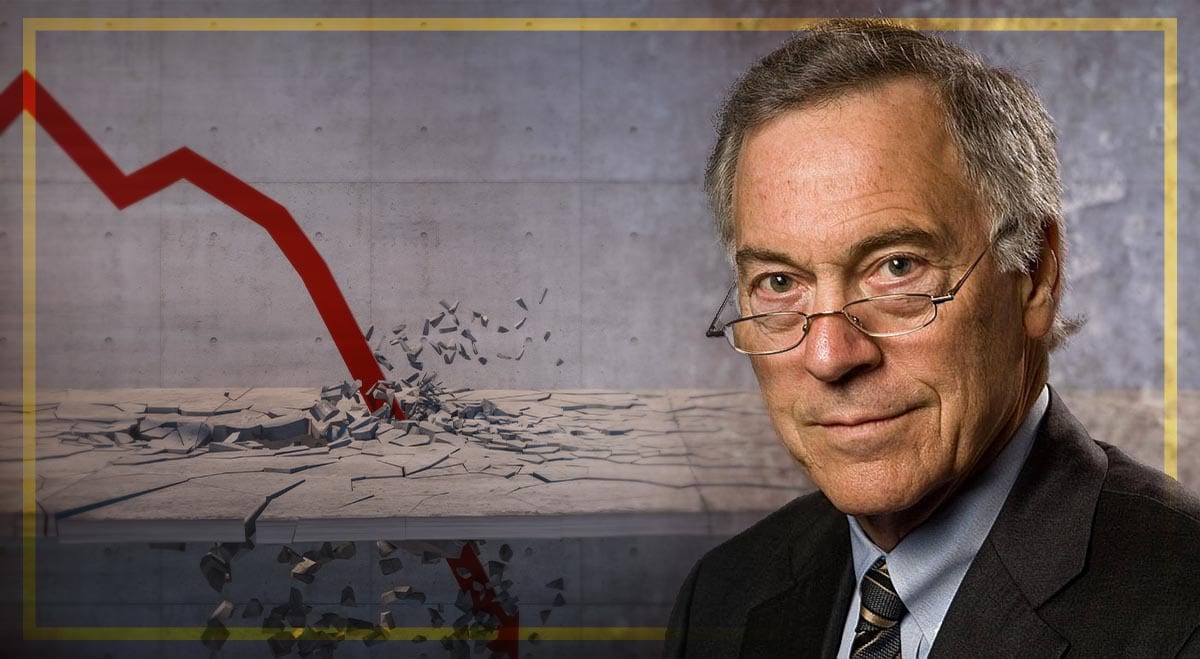
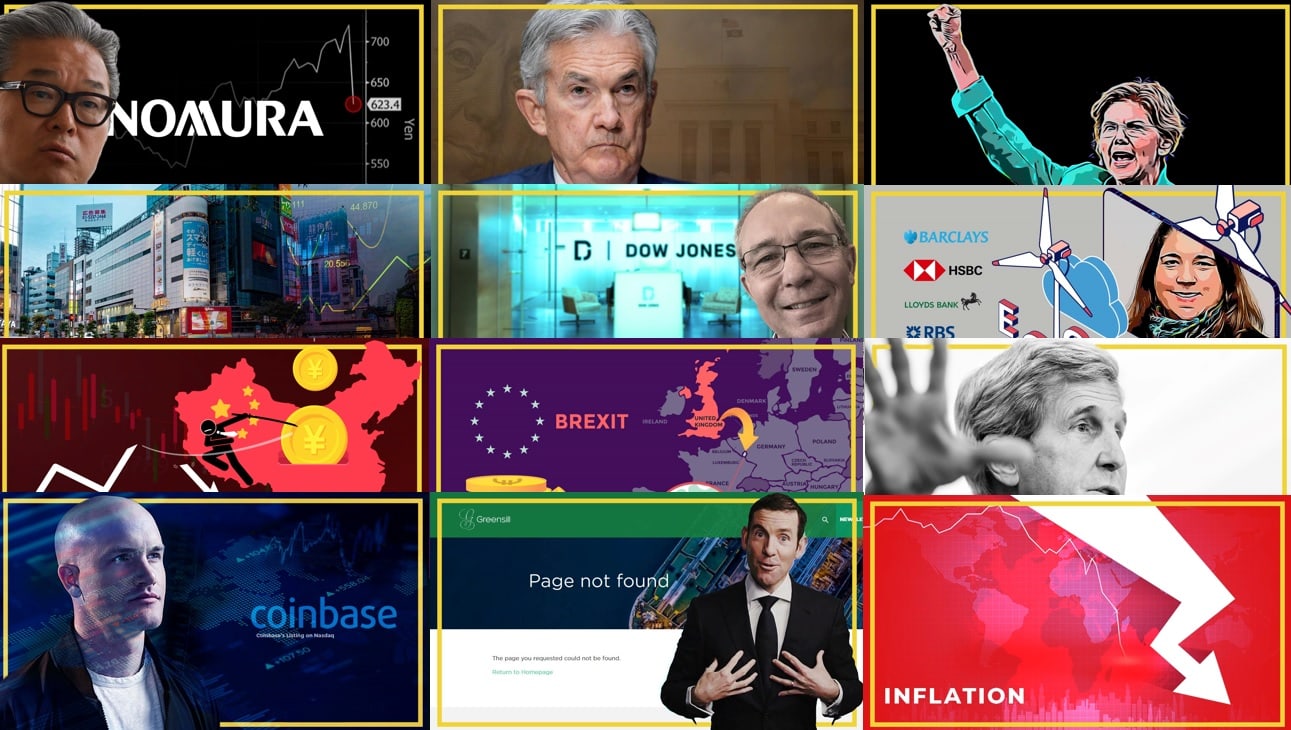







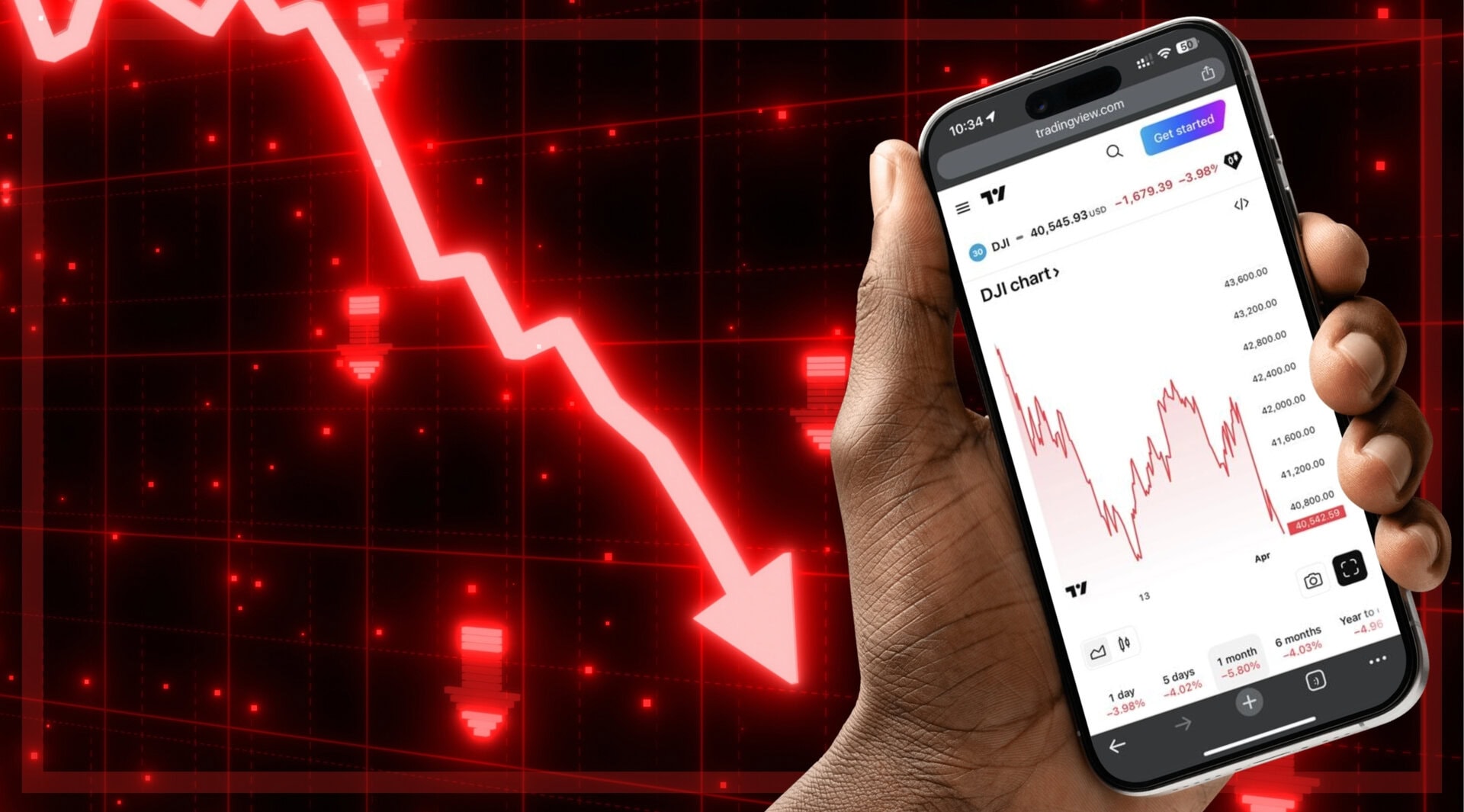
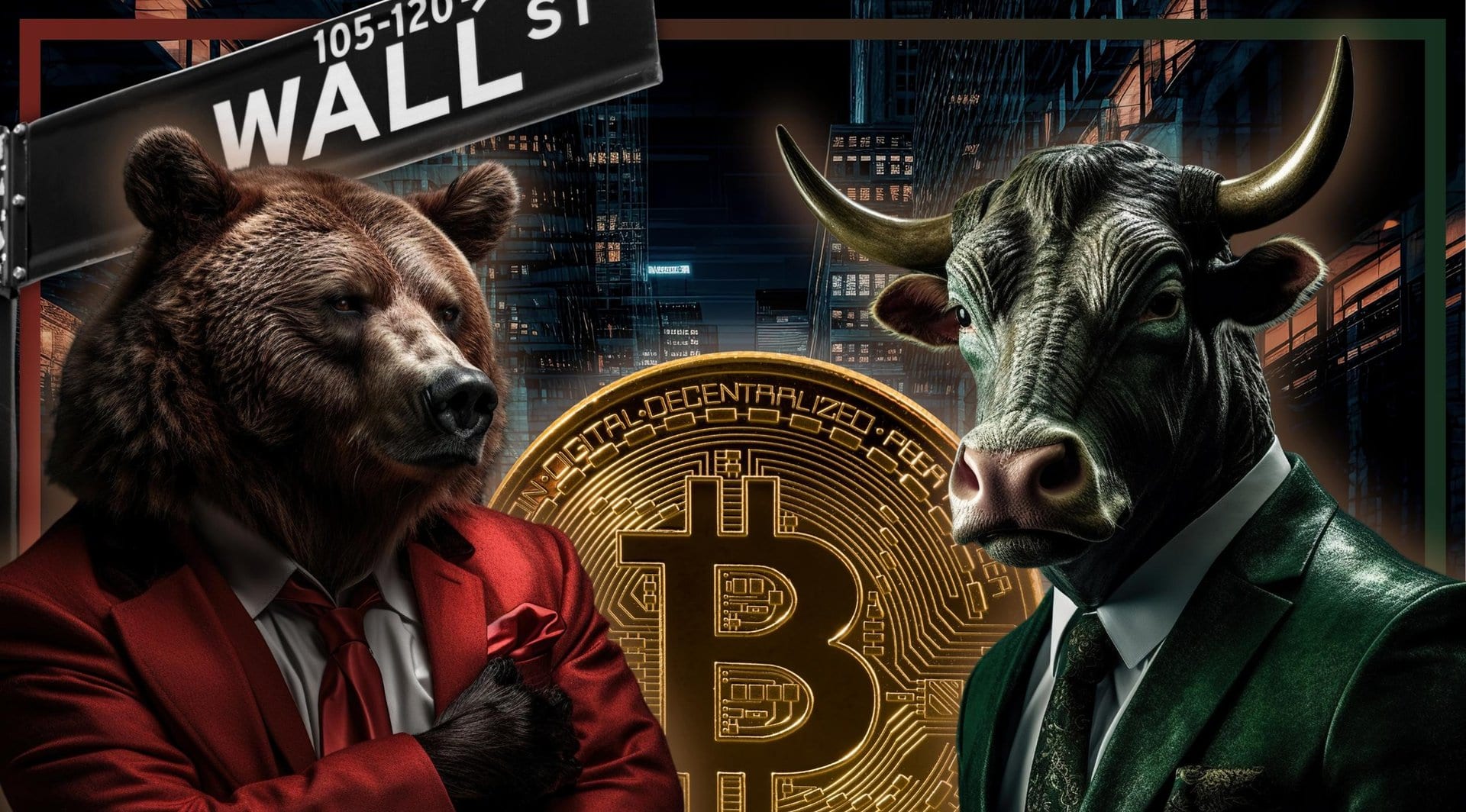


3 Responses